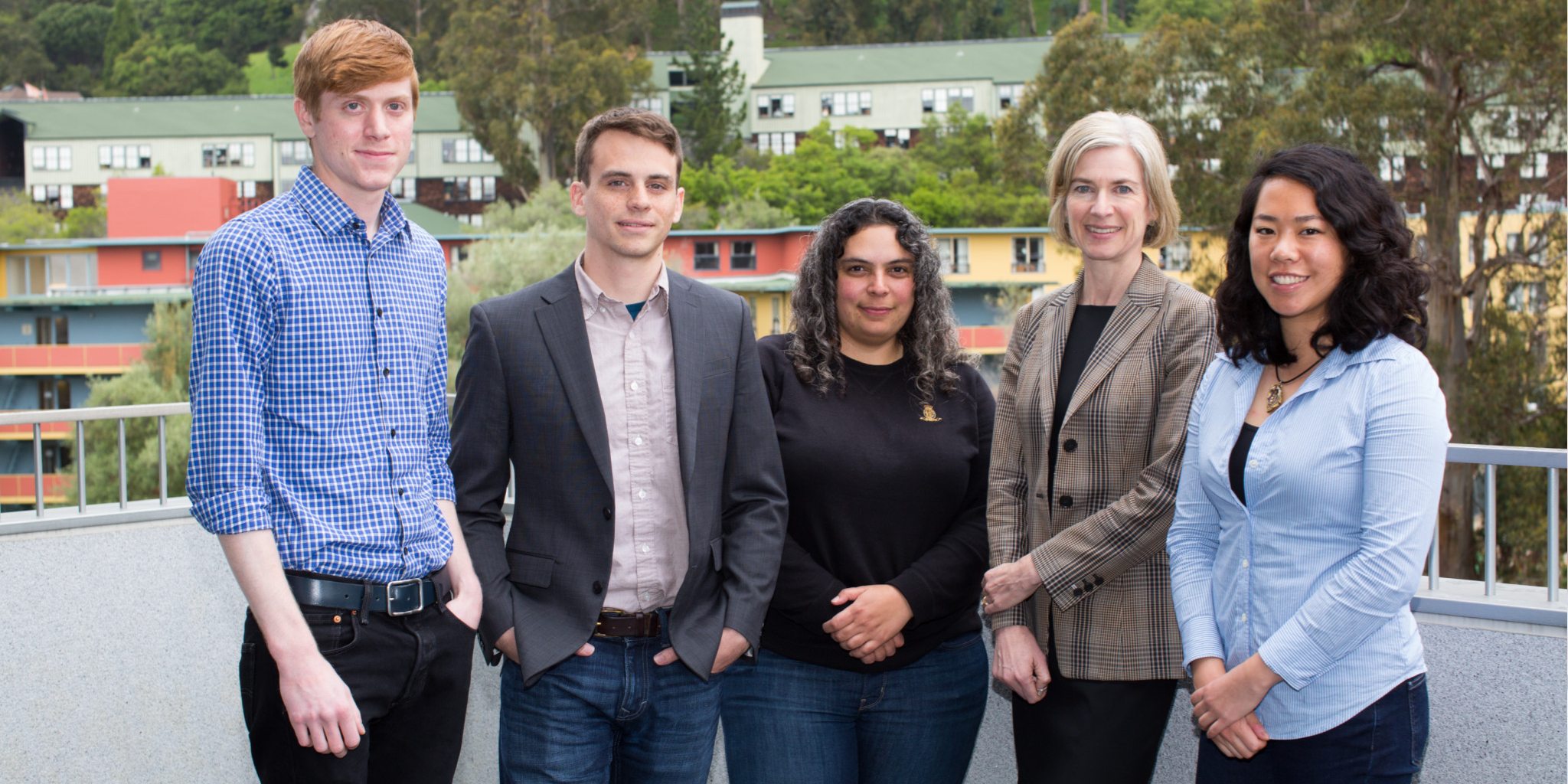
The Google of CRISPR tech? Tech legends Tim Cook and Jeff Huber back Mammoth Biosciences
A startup led by a group of Bay Area grad students says it’s building a platform that harnesses the “search engine” function of CRISPR, winning …
Sign up to read this article for free.
Get free access to a limited number of articles, plus choose newsletters to get straight to your inbox.